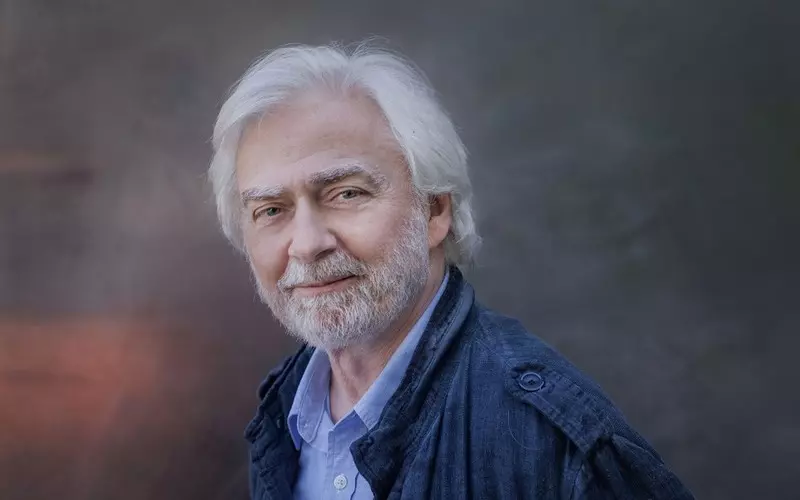Krystian Zimerman
A Master of Precision and Passion
With a career spanning over four decades, Krystian Zimerman is one of the most distinguished pianists of our time, known for his meticulous artistry and unwavering commitment to musical integrity.
Krystian Zimerman’s career as a pianist is marked by an extraordinary combination of technical mastery, deep intellectual engagement, and a passion for musical exploration. Born in Zabrze, Poland, in 1956, he was introduced to music at a young age by his father, an amateur pianist. Under the guidance of Andrzej Jasiński, one of Poland’s most respected pedagogues, Zimerman honed his talent, developing a style that would later capture the world’s attention. His international breakthrough came in 1975 when he won the prestigious International Chopin Piano Competition at just 18 years old, a victory that propelled him onto the global stage as a rising star of classical music.
However, unlike many young prodigies, Zimerman was careful not to rush into the spotlight. Instead, he chose to focus on refining his artistry, often spending long periods away from the concert platform to study and perfect his interpretations. This careful approach has defined his career, earning him a reputation for being one of the most thoughtful and deliberate pianists of his generation. Zimerman’s performances are renowned for their emotional depth and clarity, with every phrase meticulously shaped to reveal new dimensions of the music.
One of Zimerman’s most unique traits is his insistence on performing exclusively on his own piano, which he transports to every concert venue. This allows him complete control over the sound and mechanics of his instrument, ensuring that his performances are as true to his artistic vision as possible. This practice, which he began after his collaboration with Steinway & Sons, speaks to his perfectionism and commitment to maintaining the highest musical standards.

Zimerman’s repertoire is vast, but he is particularly celebrated for his interpretations of Chopin, Beethoven, Brahms, and Debussy. His approach to these composers is marked by an exceptional balance of technical brilliance and profound sensitivity. His Chopin performances, in particular, are often singled out for their lyrical beauty and emotional intensity, a fitting tribute to his Polish heritage. Yet, Zimerman’s artistry extends beyond the Romantic repertoire. He has also been an enthusiastic advocate for 20th-century composers such as Witold Lutosławski and Grażyna Bacewicz, whose works he has performed and recorded with the same rigor and dedication as the classics.
Zimerman’s recording career, though selective, has produced some of the most highly regarded albums in classical music. His collaborations with legendary conductors like Leonard Bernstein have resulted in landmark recordings, particularly of Beethoven’s piano concertos. After Bernstein’s death, Zimerman took on the role of both soloist and conductor for his subsequent Beethoven recordings, further showcasing his versatility and leadership as a musician.
Throughout his career, Zimerman has been outspoken about his views on the music industry and the state of classical music. He has been critical of the commercialization of classical recordings, arguing that the industry’s emphasis on rapid production and uniformity has led to a decline in interpretive individuality. His determination to preserve the integrity of his performances, both live and recorded, has earned him respect and admiration from colleagues and audiences alike.
Despite his reserved nature, Zimerman’s concerts are always a profound experience, transporting listeners into a world of meticulous detail and emotional depth. His ability to bring new life to familiar compositions, paired with his unwavering dedication to artistic excellence, has solidified his status as one of the greatest pianists of our time. Whether performing in the world’s most prestigious concert halls or recording iconic works, Krystian Zimerman continues to inspire and captivate with his extraordinary musical vision.
Zimerman’s legacy is one of unparalleled artistry, intellectual curiosity, and a lifelong dedication to the craft of music. His contributions to the classical music world have not only enriched the lives of countless listeners but also set a benchmark for future generations of musicians to aspire to. As he continues to perform and expand his repertoire, Zimerman remains a towering figure in the realm of classical music, a true master of his art.
